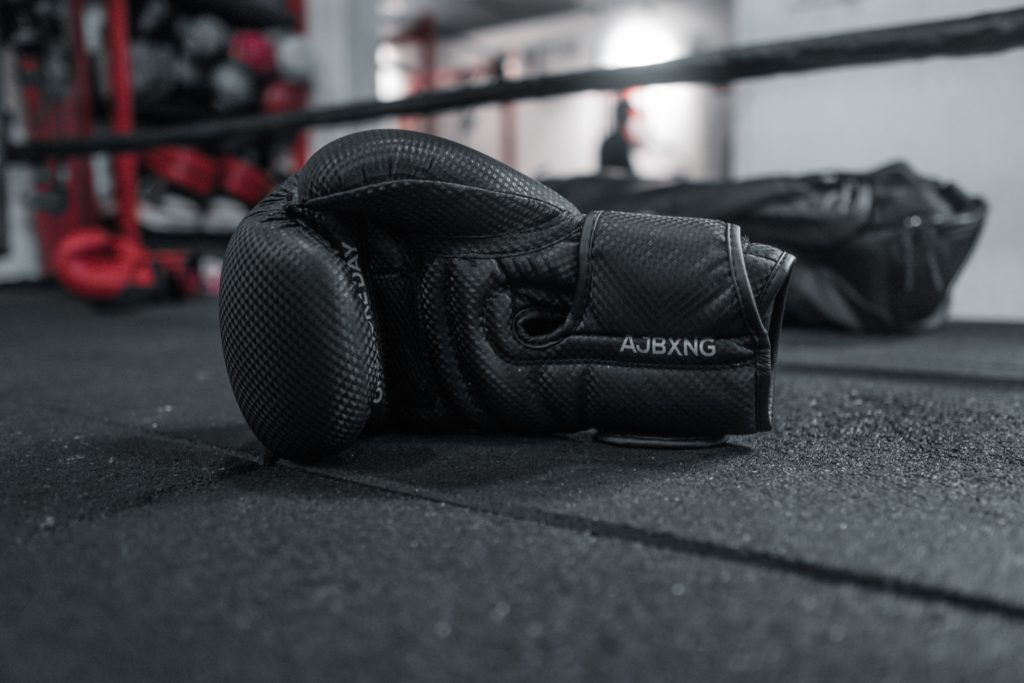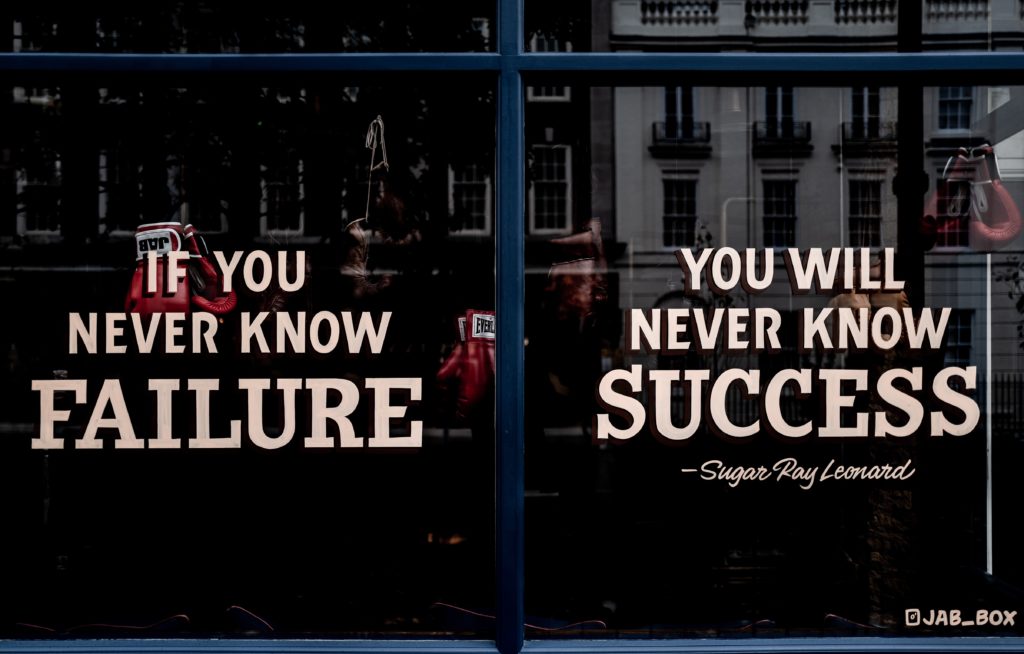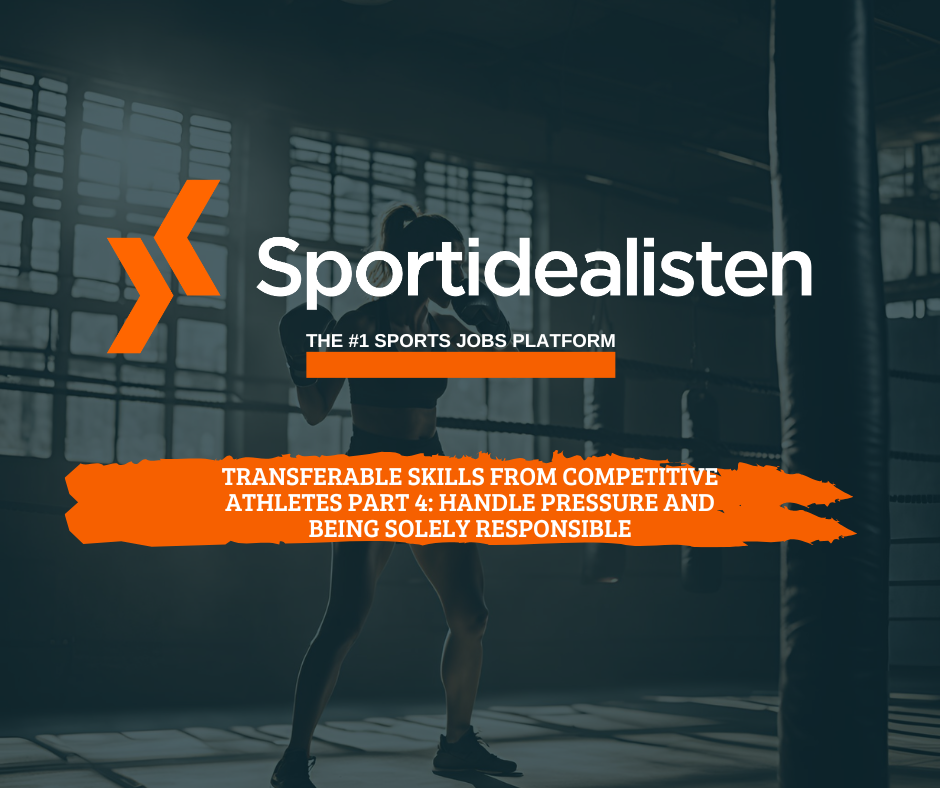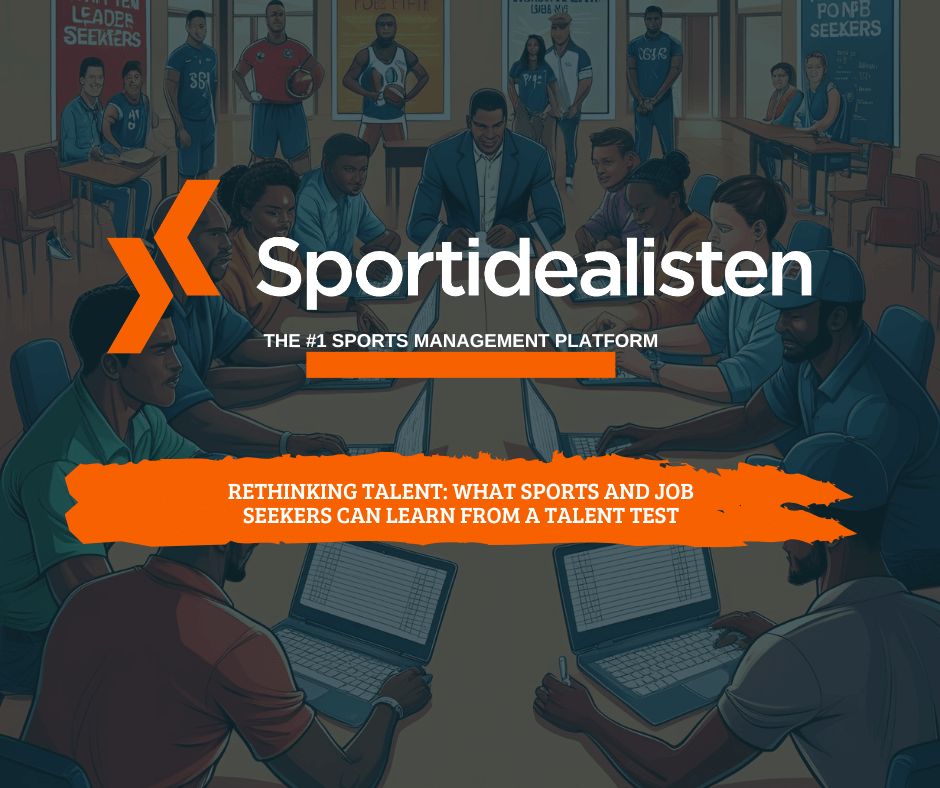How to handle the pressure? And what about being solely responsible? As an athlete there are many great skills being developed like discipline, focus, goal setting and balance and those are not only for an athlete, their skills can be useful in other contexts too, for example in an entrepreneur’s environment. This is what we call transferable skills. During the spring of 2020, right at the beginning of the Covid-19 outbreak in Sweden, our founder Jakob had the opportunity to sit down at an entrepreneurial event with four elite athletes with extensive knowledge of personal durability, the knowledge that has given them a total of thirty Olympic and World Cup medals combined. In this article, we will share about personal durability, pressure and responsibility with the former boxer Klara Svensson. Klara recently finished her career as a professional boxer and has begun a new career as a sole business owner.
Transferable skills from athletes: Skills you gain as an athlete
This is a four-part series where we share the conversation from a panel discussion from an entrepreneurial competition during spring 2020. We have divided each athlete’s story and experience into a separate blog post. Usually, when we are talking about skills, we are talking about skills needed in different jobs. Job ads contain some required skills for a role or some preferable skills needed. Even if you don’t have that skill from previous job experiences you might already have the skill from other experiences. This is called a “transferable skill”.
If you have played sports you probably have learned about teamwork, goal setting, or showing respect. This is something you could bring into your future job, which means, you transfer the skills into something else, like from youth sports to a job. Therefore, transferable skills. You could basically acquire skills from other experiences in life than your current job, but also from one industry into another. For example, what can we learn from athletes?
In the first part of the Transferable skills from competitive athletes four-part series we share a great story from Susanna Gunnarsson, one of Sweden’s most successful canoeists and she explained how to develop the secret to her successes and why it is her strongest skill. After that we had the second part Skills you gain as an athlete – Balance and focus where one of the best Martial Arts athletes, William share about the importance of balance and focus. And then in the latest article, we had Rob Haans, who has won three individual world championship gold medals and has been the coach of the Swedish national team in jujutsu. He shares about, among other things, how curiosity has given him success and how important it is to create a strong team.
How to handle pressure
In the fourth part of the series about personal durability we meet the former boxer Klara Svensson, who talks about the importance of working systematically without making excuses. Klara recently finished her career as a professional boxer and has begun a new career as a sole business owner. She joined during the Swedish final of The Creative Business Cup on the 12th March to share her experiences with entrepreneurs. An athlete must be prepared to constantly think and rethink in order to be successful – and the same is true for someone that runs a startup. Klara Svensson has gone from being part of a team to training alone as a professional boxer with an emphasis on the individual.
Klara Svensson has recently ended her career as a boxer. As an amateur she won several Swedish Championship gold medals, and a total of five silver and bronze at the World and European Championships. She fought in twenty fights as a professional boxer and won five titles, including winning the WBC interim welterweight title and light-welterweight.

Klara Svensson – you have experience being both an entrepreneur and athlete. Is it easier for athletes to put themselves at the center?
– As an athlete you often need to be selfish, but many people respect that because athletes have clear goals. As an entrepreneur it can be more difficult, but even as an entrepreneur you must be able to demand a lot from yourself and your surroundings.
How do you handle pressure?
– I have been under pressure many times. In professional boxing a fight can be very crucial for survival. I remember early on in my career seeing Armand Krajnc at a gala and I was nervous to see him alone in the big arena and by how much focus there was on him. But attention is something that you grow into and mature to. One method can be mental training and to prepare yourself by questioning what will happen if the match goes to hell. The world actually goes on.

How have you handled injuries and illness and what has it taught you?
– I have not had too many injuries, but I often became sick during hard training periods prior to big matches. Now in hindsight I can see that should have trained differently and demanded a different training schedule. It is difficult to appreciate this when you feel a lot of stress to get in shape and have many workouts to cope with. As an entrepreneur it is important to identify where the energy is and to see how it can be distributed in the long run. It is important to know yourself and to stop basing yourself off other people’s agenda. We are all different and it can be good to dare to step outside the box.
You have told us that your trainer worked according to certain guidelines – what significance has this had on you?
– My trainer was principled and disciplinary, and it takes clear leaders to move forward. I learned to never lie or be dishonest with training and that it takes patience to become good. It is important to work in a systematic way without making excuses or dodging responsibility.
How to deal with pressure and be solely responsible
As a professional boxer you are often on your own without teammates. What has it been like to work alone?
– Ever since I turned professional, I have trained alone. I knew that I did not have any teammates to hide behind. I have grown into the notion that I have to deliver and that is part of the charm of it. It is both demanding and wonderful to be solely responsible.
You have recently retired as a boxer. How should you prepare yourself for life after sport?
– In Sweden we are generally bad at taking care of former elite athletes. We don’t have that culture. I had aspirations and plans, and early on got an assignment in the media. Both as an athlete and as an entrepreneur it is good to have a plan B, or else the uncertainty can cause stress. And that’s not good if you, as an entrepreneur, have a constant fear of bankruptcy and panic.
If you missed the first or second or third part about Mental strength, Balance and Focus, teamwork and Values Curiosity check them out here.
This story is made by Caroline Wendt at Future By Lund and the original story comes from here: Personal durability, Part 4: Klara Svensson “It is both demanding and wonderful to be solely responsible”.
If you liked this article, may want to read these:
Transferable skills from competitive athletes part 3: teamwork, values curiosity






1 thought on “Transferable skills from competitive athletes part 4: Handle pressure and being solely responsible”
Comments are closed.